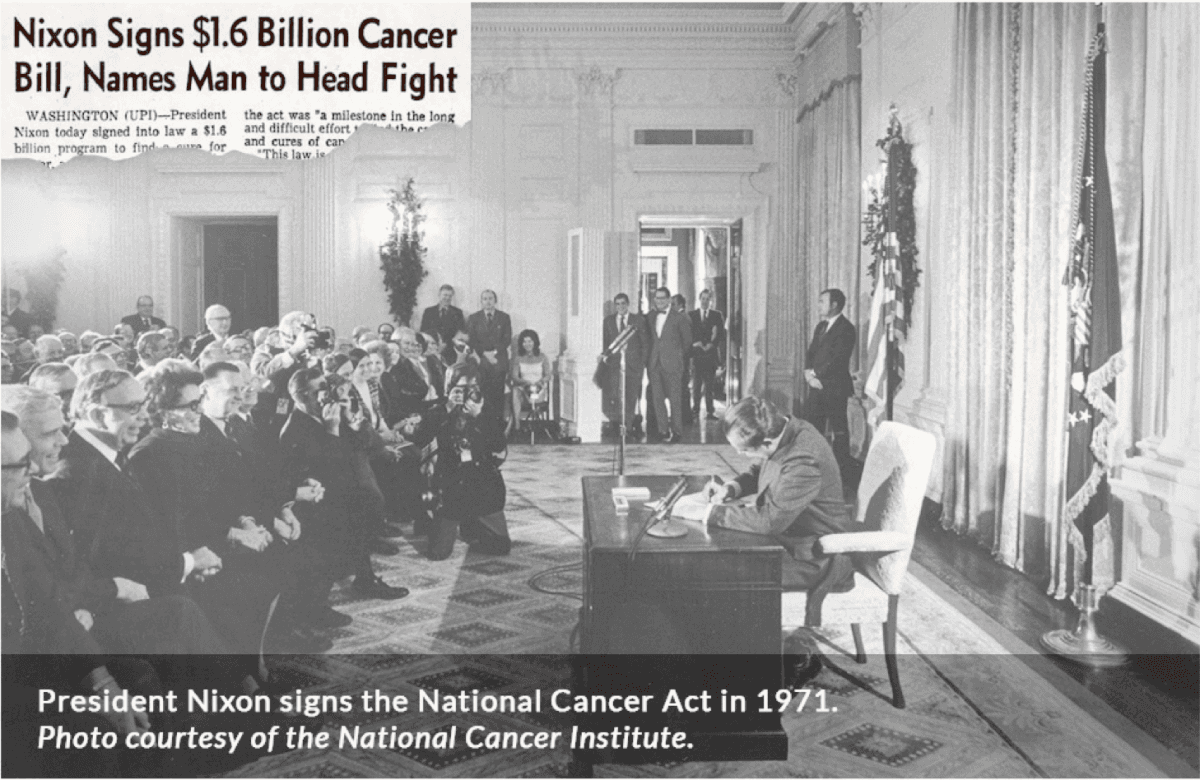Más investigación, menos cáncer
La investigación es la herramienta fundamental si se quiere conseguir el objetivo de aumentar la supervivencia a esta enfermedad
La investigación es la herramienta fundamental si se quiere
conseguir el objetivo de aumentar la supervivencia a esta enfermedad

REDACCIÓN GESTIÓN
/ 24.09.2018
Este lunes se celebra elDía Mundial de la Investigación contra el cáncery los datos siguen siendo preocupantes. Si seguimos así en 2030, cada 1, 8 minutos será detectado un nuevo caso de cáncer.
La investigación es la herramienta fundamental si se quiere conseguir el objetivo de aumentar la supervivencia a esta enfermedad del 53% al 70% en 2030. Para ello, habría que duplicar la cantidad destinada a los estudios oncológicos.
Y es que, pese a los avances realizados, el cáncer continúa siendo una de las mayores causas de mortalidad en el mundo. Una situación que, de no atajarse, puede empeorar. Si no se invierte más en investigación, cada 1,8 minutos se detectará un nuevo caso, y una persona morirá de esta enfermedad cada menos de cuatro minutos en el año 2030.
Junto a la apuesta por la investigación, la prevención es la otra gra baza en la lucha contra el cáncer. Si se abandona el tabaco, se fomenta más el ejercicio físico y se cuida la alimentación se podrían evitar hasta el 50% de los casos.
EL 80% DE LAS PERSONAS CON GENES PROPENSOS AL CÁNCER NO LO SABEN
La revista JAMA Network Open ha publicado los datos de un estudio elaborado por la Universidad de Yale en el que se apunta un dato llamativo. Ocho de cada 10 personas con genes de riesgo de cáncer no lo saben. Los responsable de este estudio han llegado a esta conclusión tras analizar genómicamente a más de 50.000 personas y comprobar que más del 80% de los que tienen un riesgo genético identificable de cáncer de mama, ovario, próstata y páncreas lo ignora. Este estudio señala que la mayoría de lagente que es portadora de estos genes, lo descubre cuando ellos o algún familiar reciben un diagnóstico de cáncer.

Almost 50 years after President Nixon's "Cancer Act" in the USA (1971), which marked the first "declaration of war against cancer" through investing in the scientific investigation of this disease, we can say that we have made great progress, but We all know that there are still many tumors that unfortunately are difficult to control. There are tumors that heal, many, but there are many others (almost 50%) that are still difficult to treat.
An important reason is that cancer is not a single disease but that there are as many diseases as
individuals suffer from cancer. There are more than 200 types of tumors according to the type of cell and tissue affected, but also, within each type of tumor, each patient is different because each tumor has had a different history of mutation accumulation.
A cancer can have more than 700 genetic alterations and it would be very unlikely that these mutations are the same in two different patients, although both have exactly the same clinical diagnosis. This is the basis for so-called "personalized" cancer treatments.
Since the biology of cancer is tremendously complex, if we want to win the war against cancer this requires many researchers studying all the basic aspects of cell life and its relationship with the organism (metabolism, immune system, tumor microenvironment, etc.) . Only then will we have a complete cancer map in the future.
Thanks to cancer research over the last 50 years, new drugs have been developed that are capable of slowing the growth of tumors with specific genetic alterations.

El objetivo final de esta conmemoración, es concienciar a la sociedad para que impulse y otorgue reconocimiento al esfuerzo investigador en cáncer, así como ayudar a mantener el compromiso social y de las instituciones por la investigación oncológica.
Este día nos dará a todos la oportunidad de lograr concienciación y compromiso para llevar a cabo acciones coordinadas y que cubran todos los ámbitos necesarios para el avance de la investigación en cáncer.



